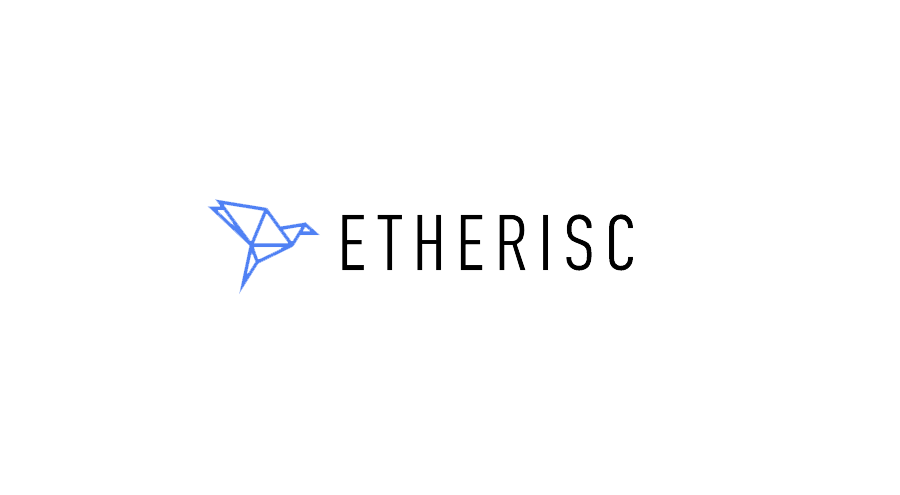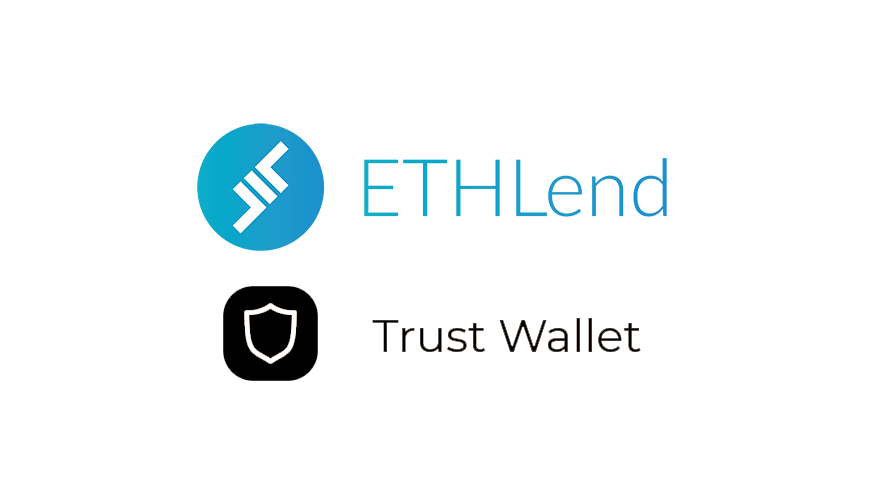Fundraising within the blockchain economy is about to have a new chapter. ETHLend recently launched decentralized lending on the Ethereum blockchain network, starting with secured lending by allowing borrowers to pledge ERC-20 compatible tokens as a collateral.
Since then, ETHLend has introduced the ability to pledge Ethereum Name Service (ENS) domains as a collateral. The decentralized application (DAPP) is accessible with the use of MetaMask. All transactions are performed on a smart contract, which holds the collateral until the loan is paid back. In case the borrower does not pay the loan back, the collateral is transferred to the lender, who can sell or auction the collateral to regain any losses.
Initial Coin Offerings (ICOs) require working capital
Blockchain startups that have chosen the ICO-path often find that ICOs require resources such as marketing, PR, development, security efforts, translations, and client service. Such efforts require working capital that some blockchain startups might not have.
The use of smart contracts and ERC-20 compatible tokens might introduce a new decentralized way to receive working capital for ICOs or pre-sales of ICOs. Since most of the blockchain start-ups allocate part of token total supply to the venture itself or to developers’ fund, some of these tokens could be used to attract working capital for ICO preparations by pledging the tokens to get a loan and paying the loan back once the ICO is over and funds have been raised.
For example, a blockchain startup could pledge tokens as collateral that covers 150% of the borrowed Ether (ETH) value. If the startup plans to sell 5,000 tokens for 1 ETH in ICO, the startup would pledge 7 500 tokens for every ETH that they borrow and provide an attractive interest rate of 5-10%. The loan maturity would end after the ICO. Therefore, the startup can repay the loan back to the lenders once funded. Such a loan might be attractive to the lenders due to sufficient collateral.
ETHLend’s solution might ease the funding pains of a blockchain start-up and provide passive income for the ETH holder in the form of interest. The solution mimics real-world financing with corporate bonds. Instead, these “cryptobonds” are not transferable and handled completely with smart contracts. Using smart contracts provides more transparency and does not require to trust the counterparty.
To launch such a loan, a blockchain startup simply places a loan request on ETHLend’s decentralized application and send the tokens to the loan smart contract (which will hold the tokens until the loan is repaid). From this point, anyone from any part of the world can fund the loan with ETH.
ETHLend believes that such funding might encourage blockchain startups to perform an ICO when otherwise they would lack funding. Moreover, such funding might decrease the amount of token allocated for sale since the startup has alternative access to finance. Therefore, leaving more tokens for the development fund to attract new talent.






















